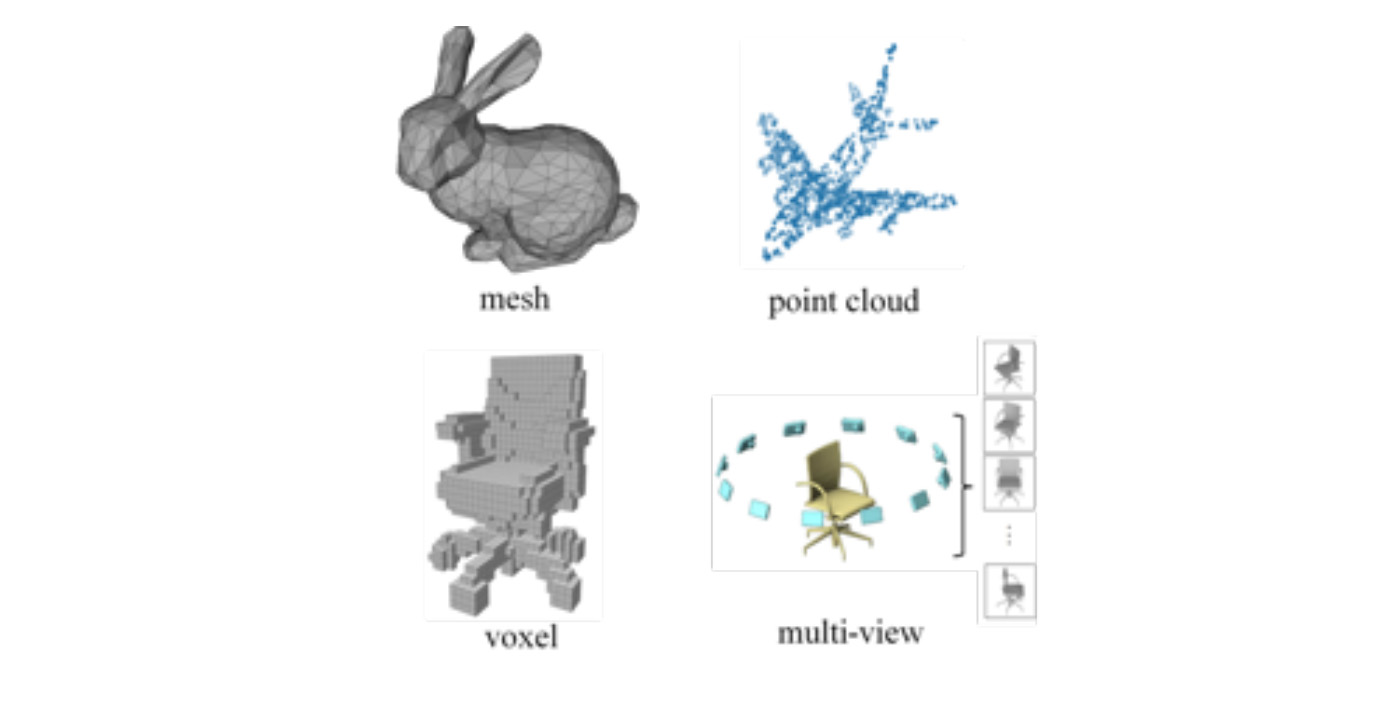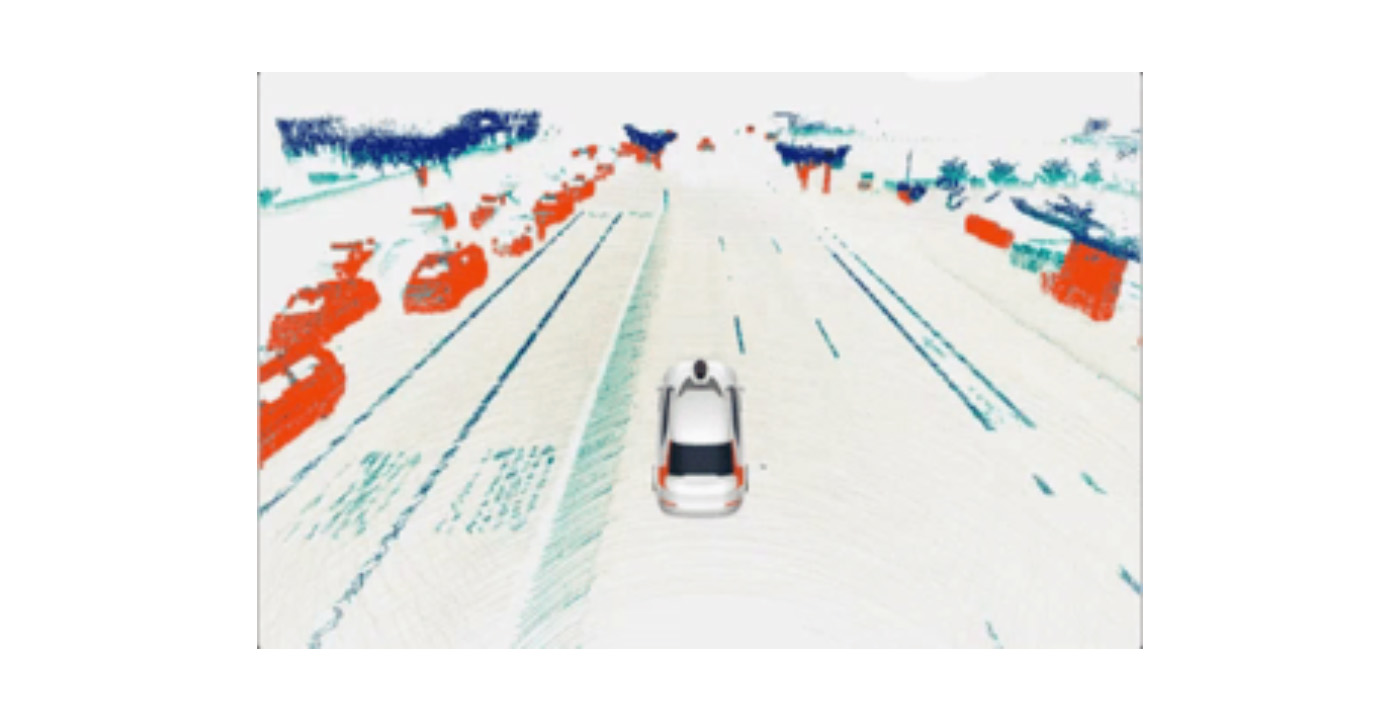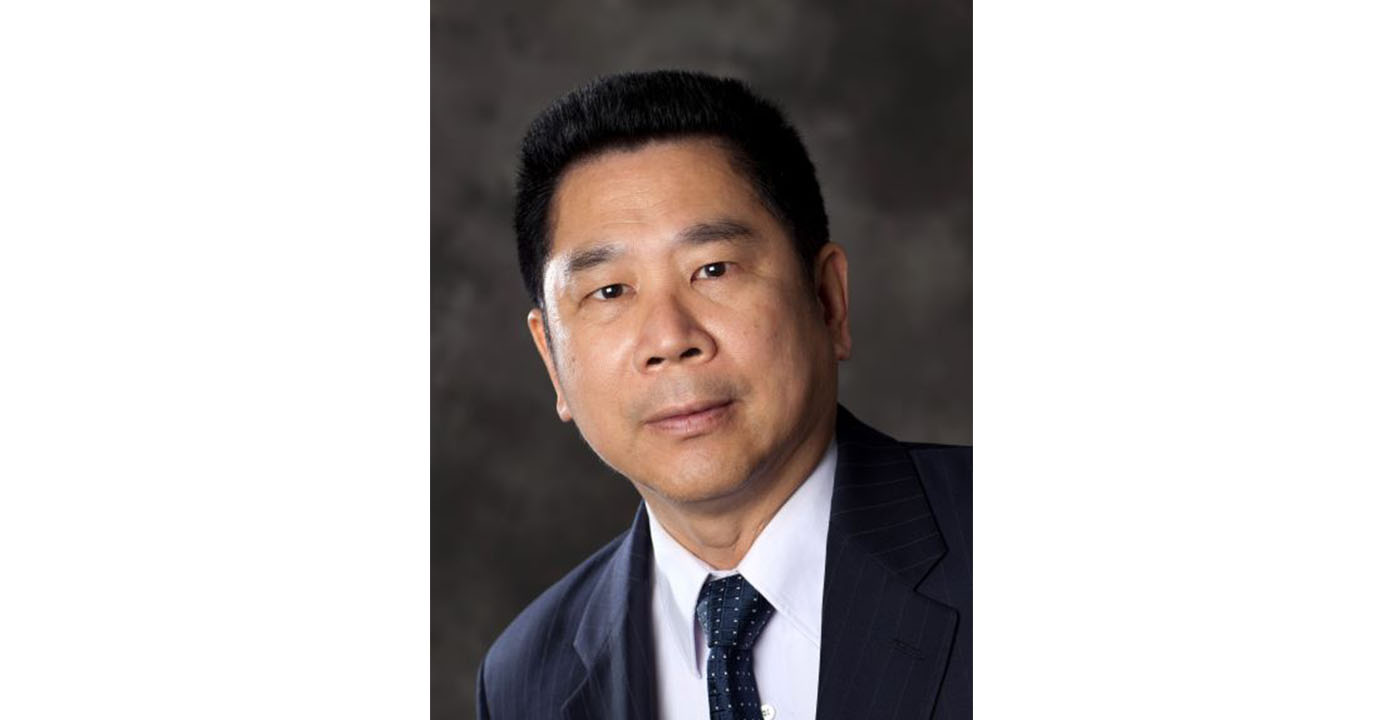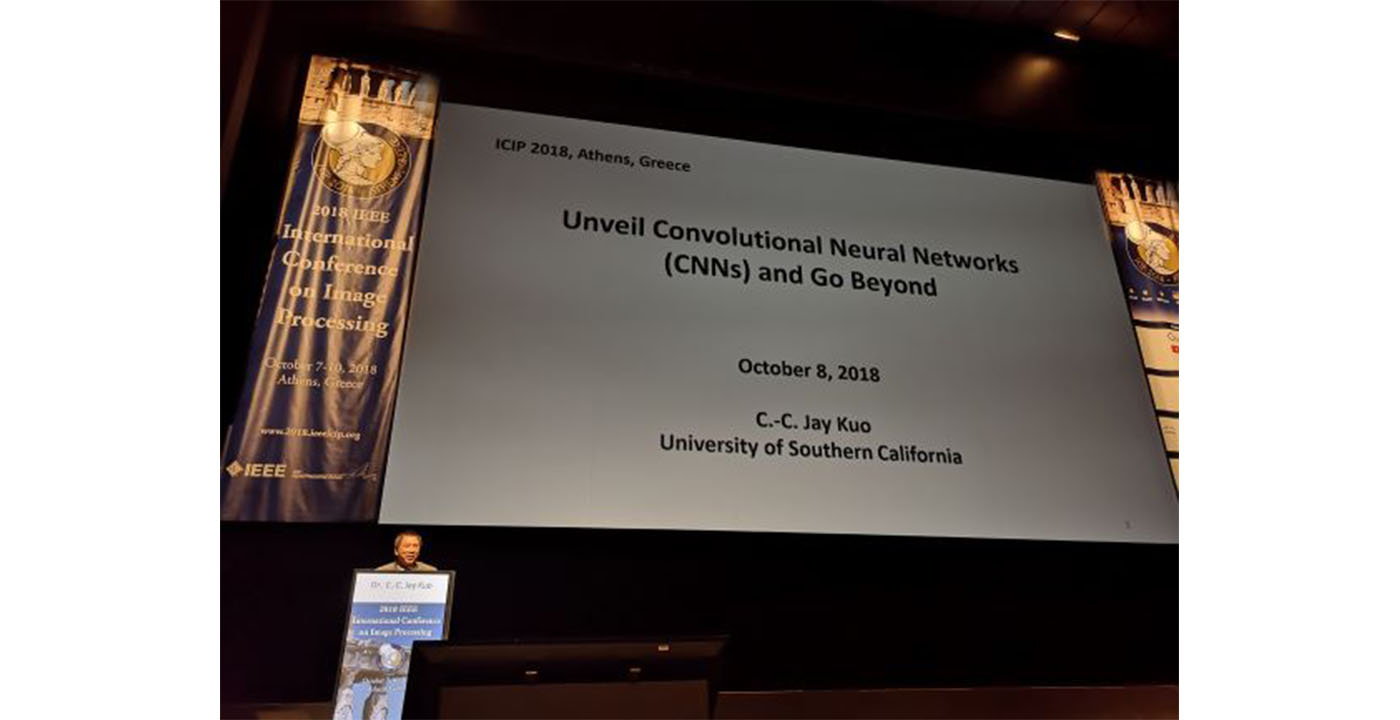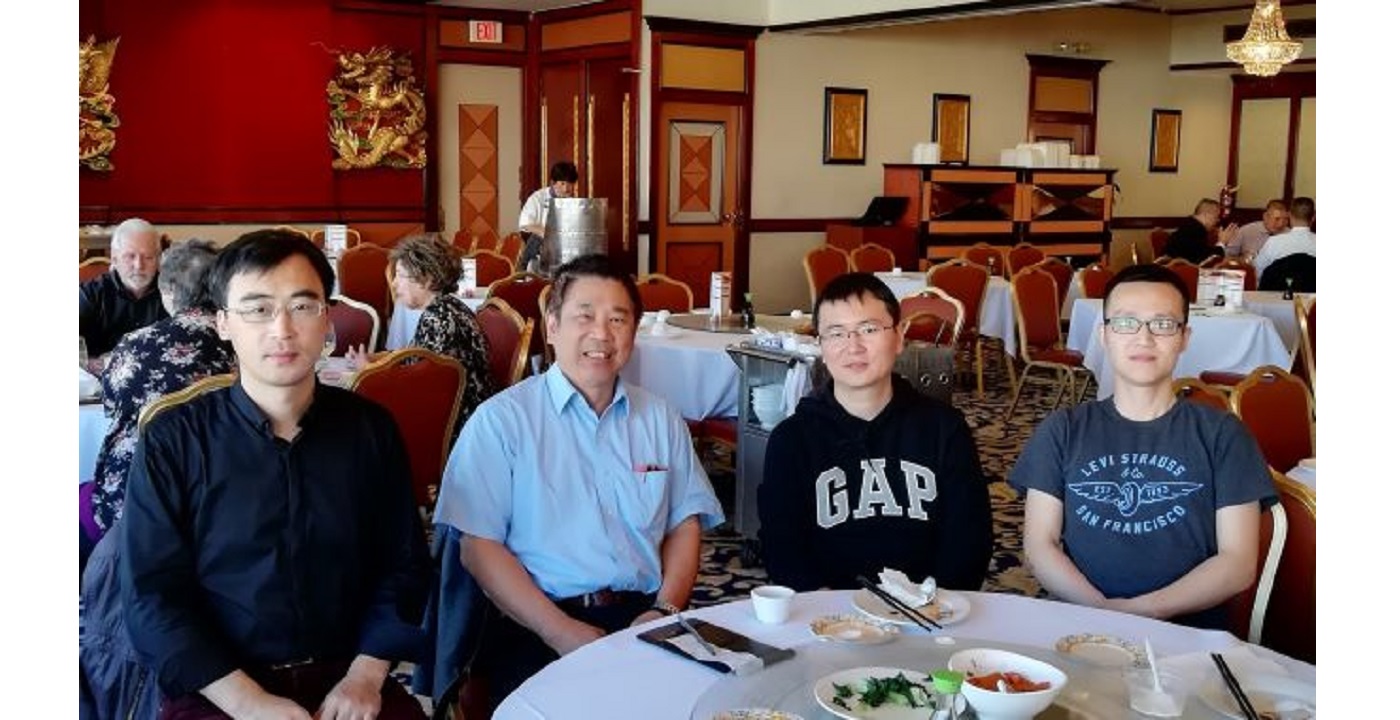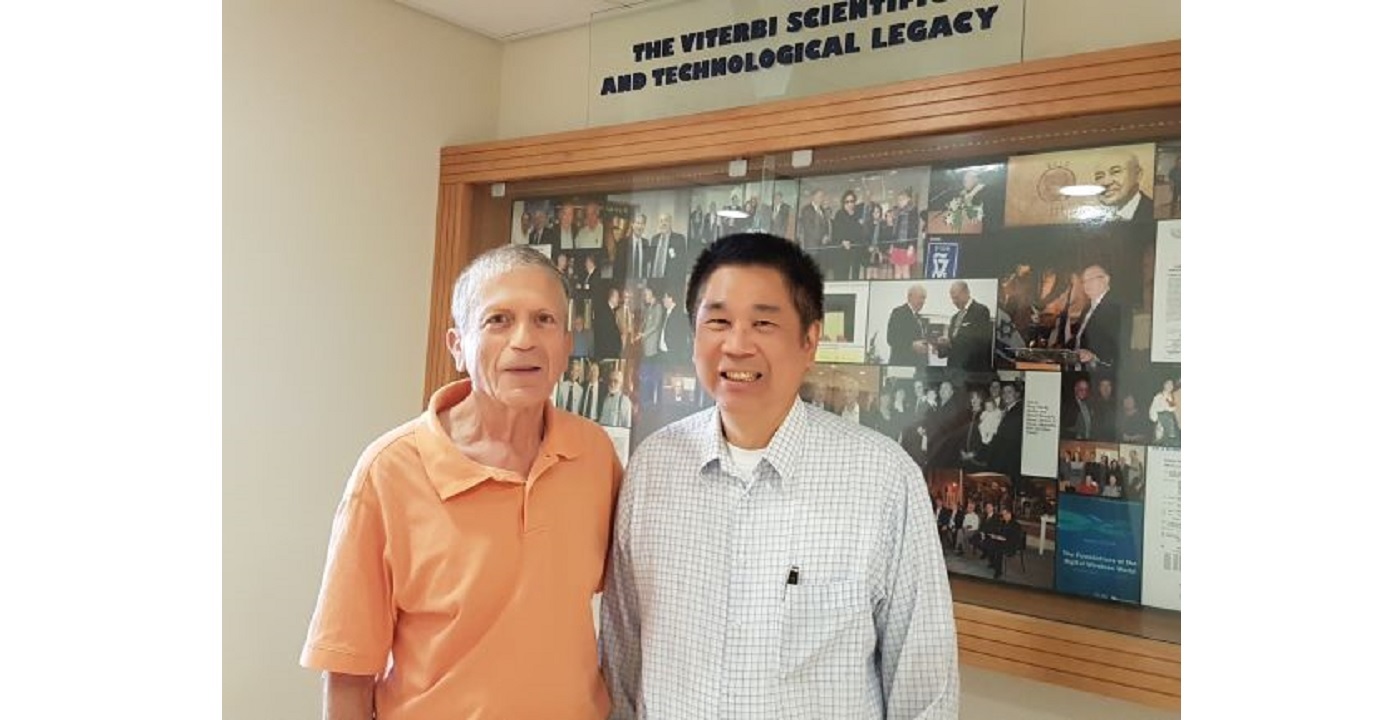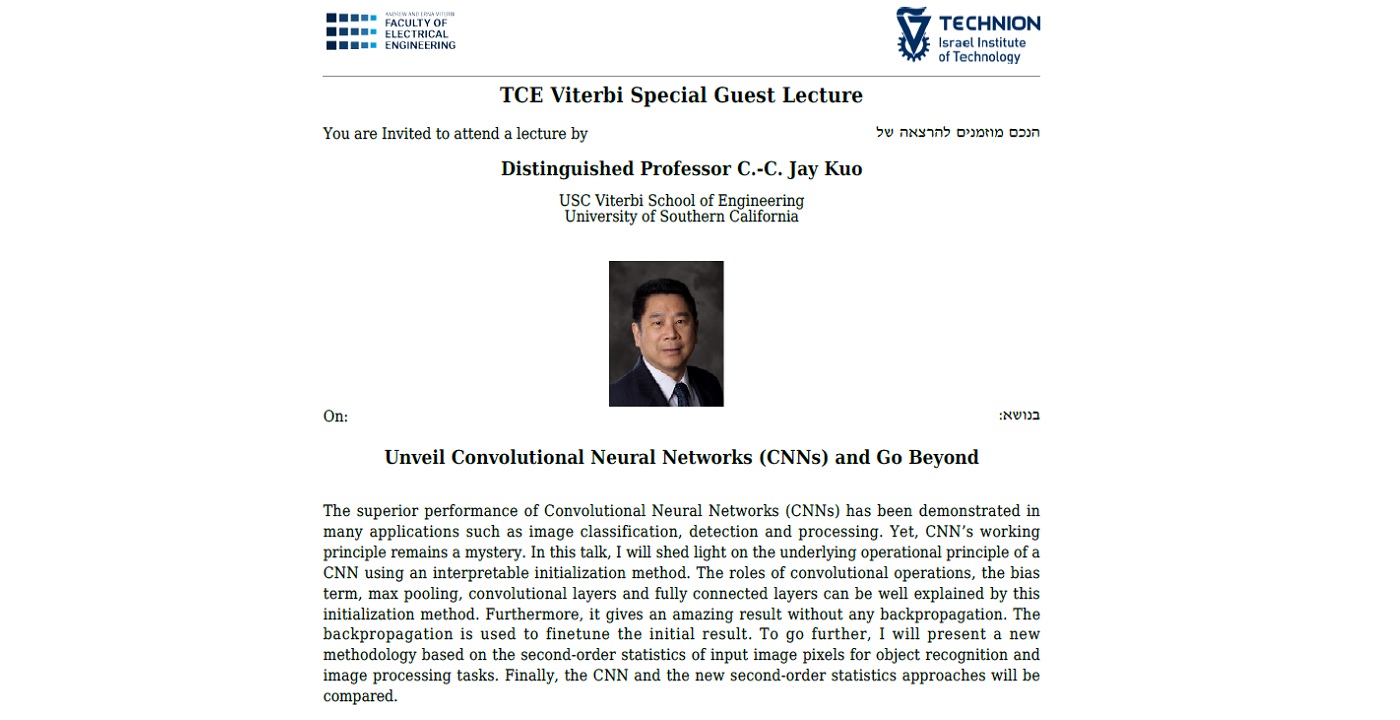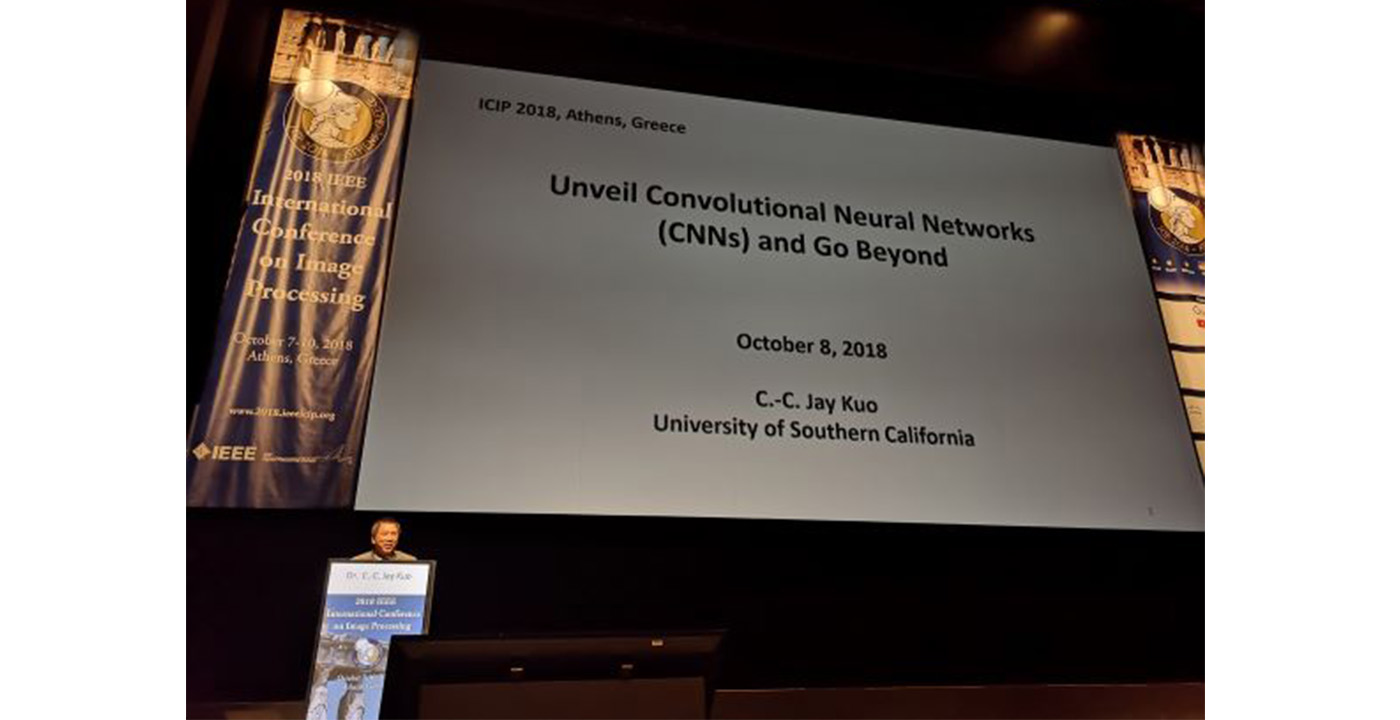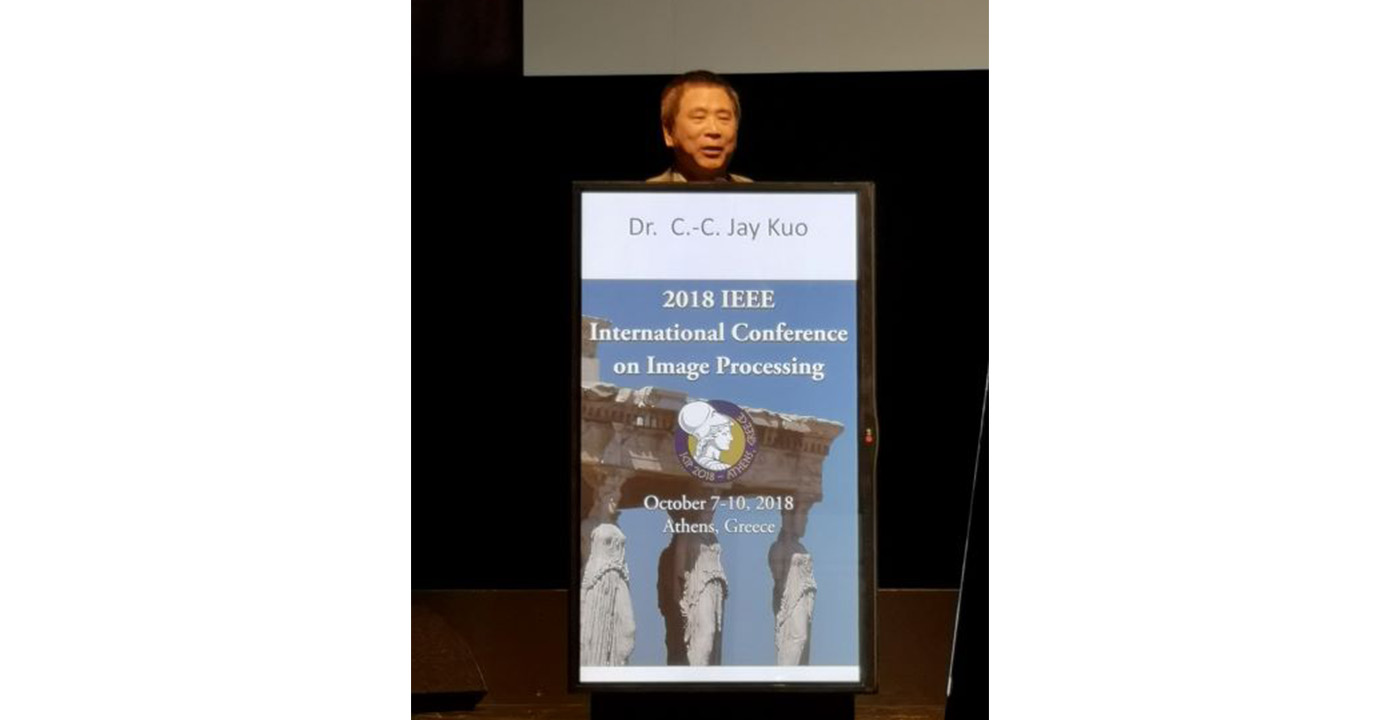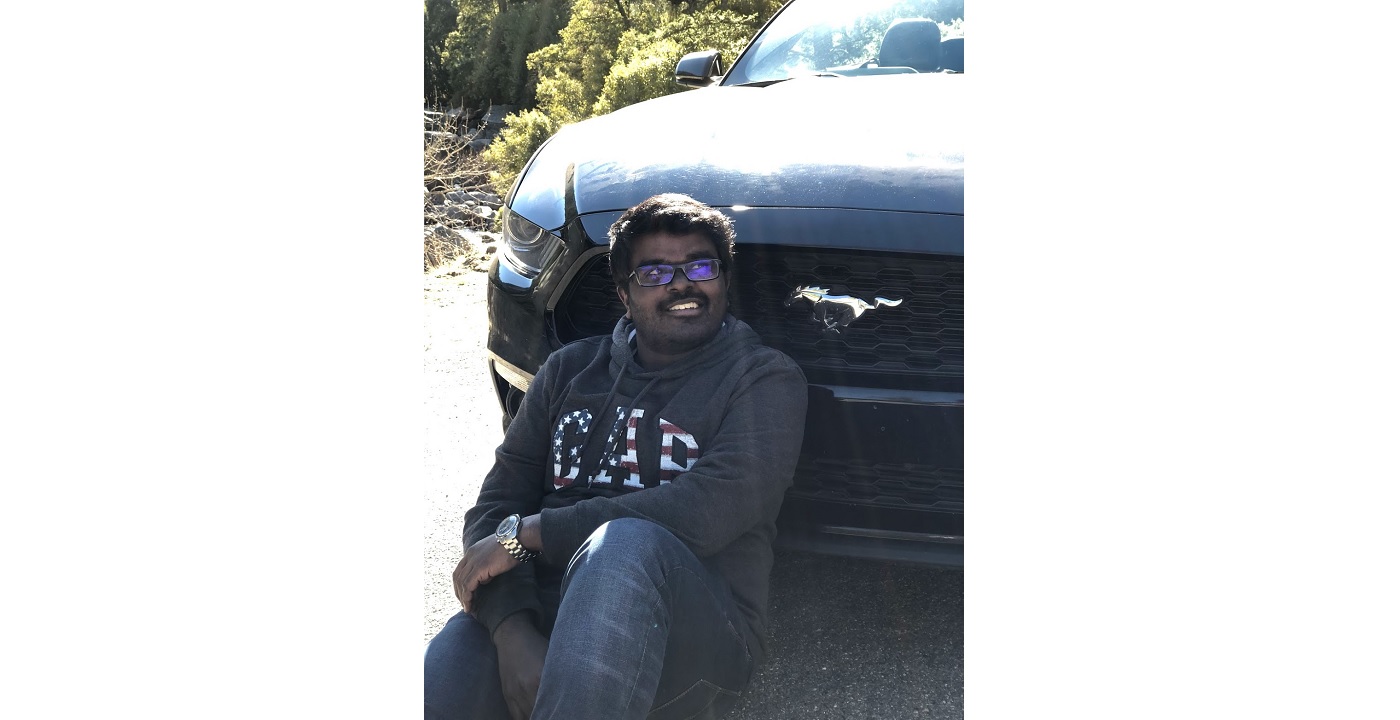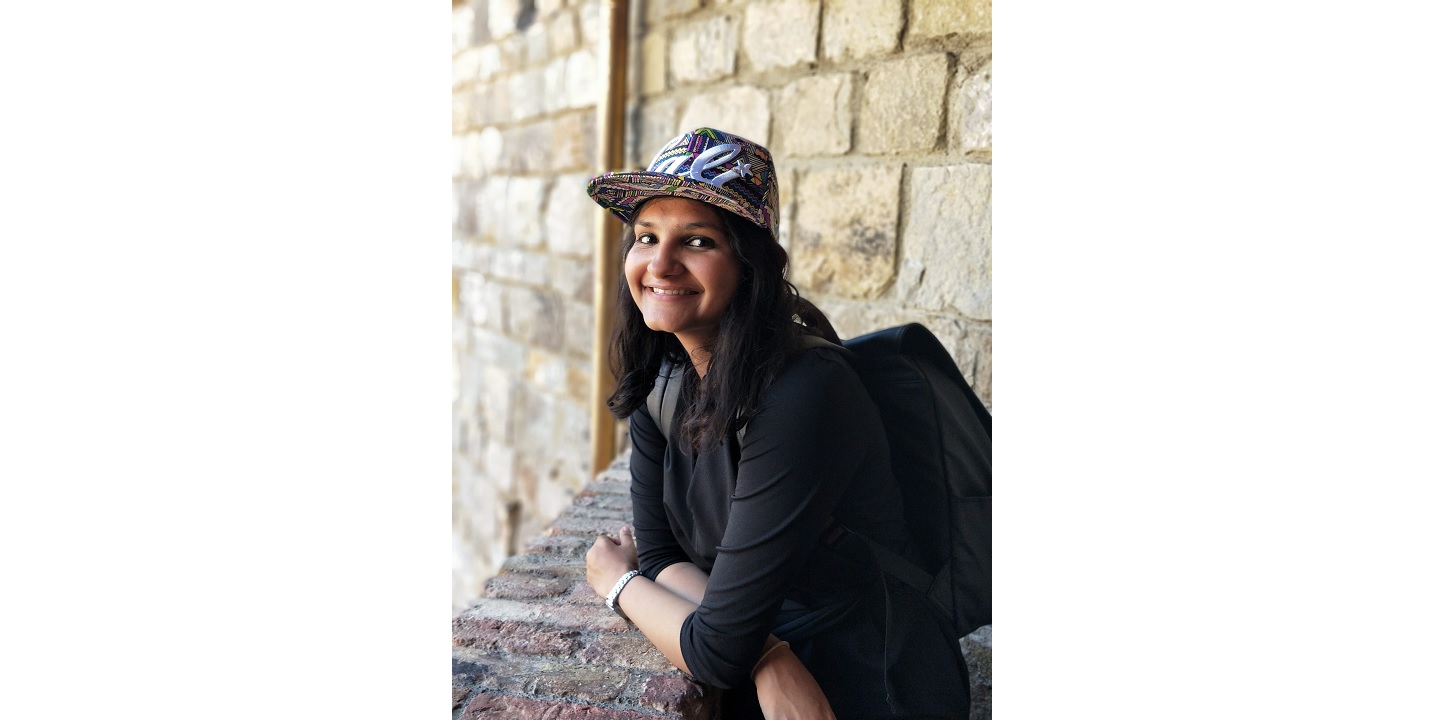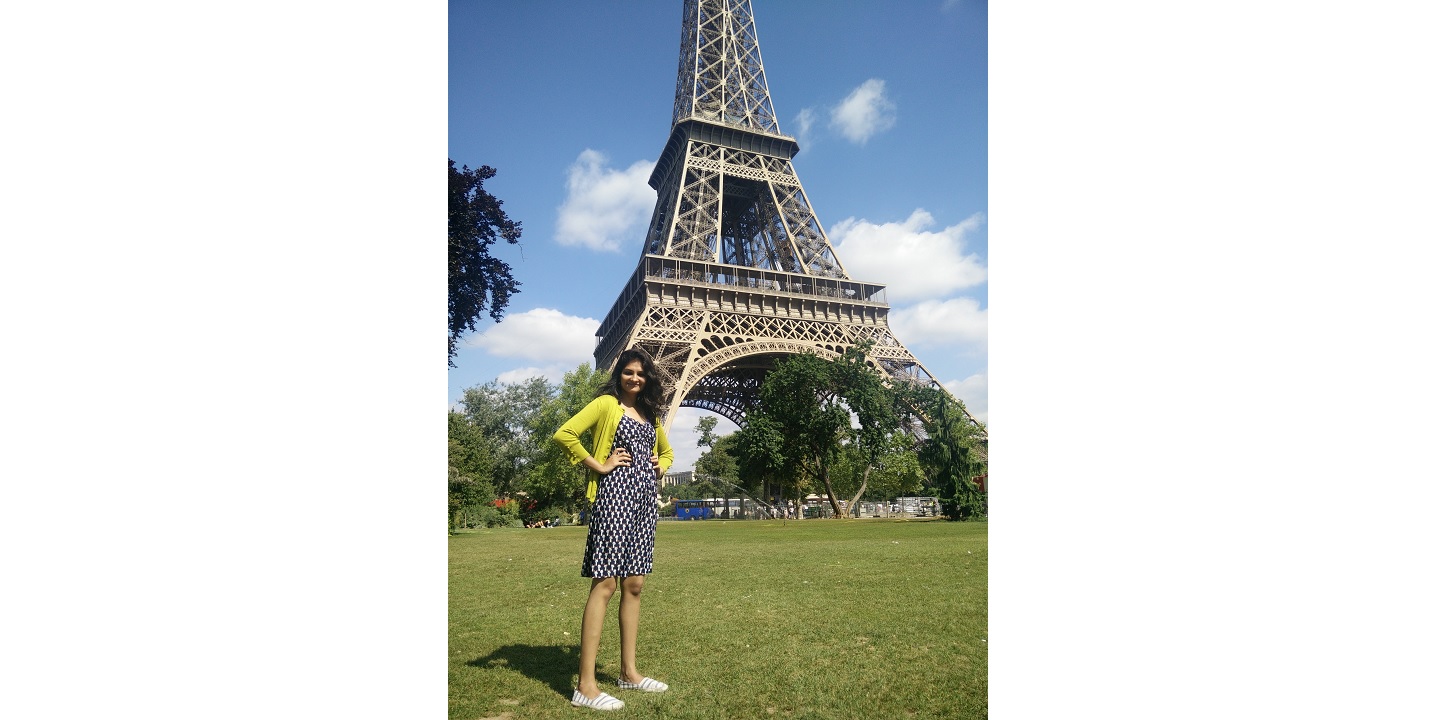MCL Research on Point-cloud Analysis
With the rise of visualization, animation and autonomous driving applications, the demand for 3D point cloud analysis and understanding has rapidly increased. Point Cloud is a kind of data obtained from lidar scanning which contains abundant 3D information. Our research directions about point cloud in autonomous driving are object detection, segmentation and classification.
Due to its unstructured and unordered properties, people usually transfer point cloud into other data types such as mesh, voxel and multi-view. But the transformation must cause information lost. Recently, several deep-learning-solutions such as PointNet/Pointnet++ [1, 2] tailored to point clouds provide a more efficient and flexible way to handle 3D data. Some successful results for object classification and parts and semantic scene segmentation have been demonstrated. However, object and scene understanding with Convolutional Neural Networks (CNNs) on 3D volumetric data is still limited due to its high memory requirement and computational cost. This brings a challenge for autonomous driving since it requires real-time and concise processing of the observed scenes and objects.
An interpretable CNN design based on the feedforward (FF) methodology [3] without any backpropagation (BP) was recently proposed by the Media Communications Lab at USC. The FF design offers a complementary approach to CNN filter weights selection. We are now designing a feed-forward (FF) network for both object classification and indoor scene segmentation. The advantages of the FF design methodology are multiple folds. It is completely interpretable. It demands much less training complexity and training data. Furthermore, it can be generalized to weakly supervised or unsupervised learning scenarios in a straightforward manner. The latter is extremely important in real world application scenarios since data labeling is very tedious and expensive.
References:
R. Qi, H. Su, K. Mo, and L. J. Guibas. [...]

